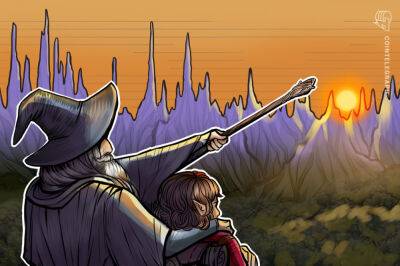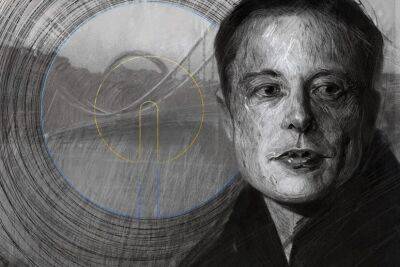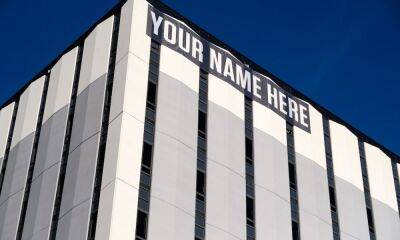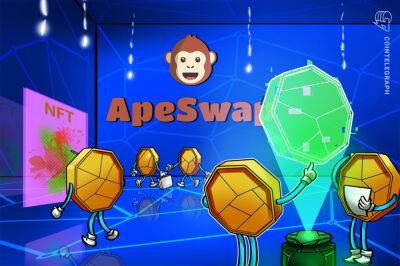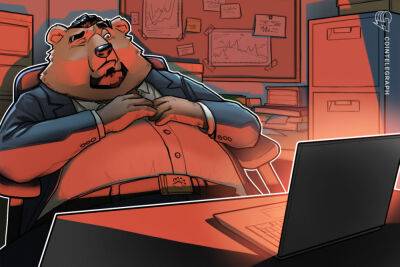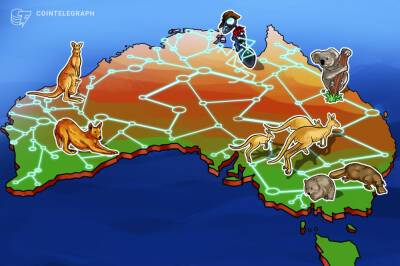DAO regulation in Australia: Issues and solutions, Part 1
Lawmakers in Australia want to regulate decentralized autonomous organizations (DAOs). In this three-part series, Oleksii Konashevych discusses the risks of stifling the emerging phenomenon of DAOs and possible solutions.
On March 21, 2022, during Blockchain Week Australia, Australian Senator Andrew Bragg made a few interesting statements, one of which was about the intention of lawmakers to introduce regulations for decentralized autonomous organizations.
Per se, it is not new, as the Australian Senate Committee led by Senator Bragg recommended in October 2021 that decentralized autonomous organizations be brought under the fold of the Corporations Act, which provides standards for corporate governance and personalities.
So, what did Senator Andrew Bragg say?
He continued: “If that doesn’t make policymakers listen, perhaps this will. Given that DAOs are recognized as partnerships, not companies, they are not liable to pay company tax. Company tax accounted for 17.1% of total Commonwealth government revenue. Our reliance on company income tax is unsustainable.” Bragg added, “DAOs are an existential threat to the tax base and they must be recognized and regulated as a matter of urgency.”
On his website, you can find an extended version of the statement, where the senator shows some economic figures to support his conclusions.
At this point, I should clarify that the partners of a partnership do pay taxes but separately: Individuals pay income tax and companies in the partnership still pay the company tax, as would any other normal company.
Then the senator clarifies what aspects of the DAOs, exactly, the government plans to regulate, “Recognizing the fact that DAOs are self-regulating and transparent, with an in-built system
Read more on cointelegraph.com



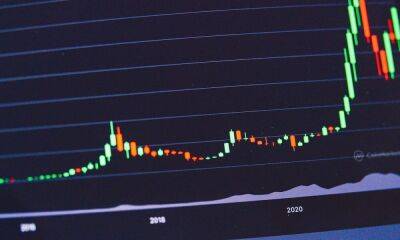



![JUMPN [JST] with joy looking up to STEPN [GMT]? Here’s something sinister - ambcrypto.com](https://finance-news.co/storage/thumbs_400/img/2022/4/29/23749_scx8.jpg)

